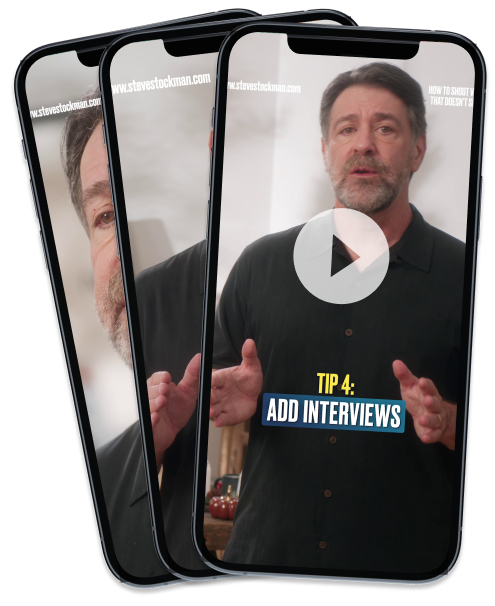Is there a checklist or cheat sheet you go over before you start shooting to make sure production goes smoothly?
I’m shooting my first short in 12 days, and I’ve been stressing that I’m going to mess something up. The last thing I want is to delay the shooting process and rack up unnecessary expenses.
–Carrie, Charlotte NC
Some people keep their checklists on a laptop, iPad or phone, but I prefer to print them on old-fashioned 3-hole paper and stick them in a binder. The act of physically crossing things off is very satisfying and uses a part of our brain we don’t always tap into. It’s also easier to write last minute notes in the margins of a full size script sheet or checklist page than it is on a 6″ screen. Plus when you use your phone all the time, people sometimes think you’re texting and not paying attention– the opposite of what you want on a film set.
Bonus Reason to Use Paper: For some reason, people are less willing to interrupt you if you’re writing in a binder than tapping into your phone. Not sure why, but it totally works.

Get a free preview of the new video course!
Sample two lessons from our new video course free right now. No signup or credit card required!







 Steve Stockman is a writer/ producer/ director in Los Angeles. How to Shoot Video That Doesn't Suck, available in 9 languages, is the best selling video how-to book in the world. You can find the updated edition from Workman Publishing wherever you get books, ebooks or audiobooks.
Steve Stockman is a writer/ producer/ director in Los Angeles. How to Shoot Video That Doesn't Suck, available in 9 languages, is the best selling video how-to book in the world. You can find the updated edition from Workman Publishing wherever you get books, ebooks or audiobooks. 
